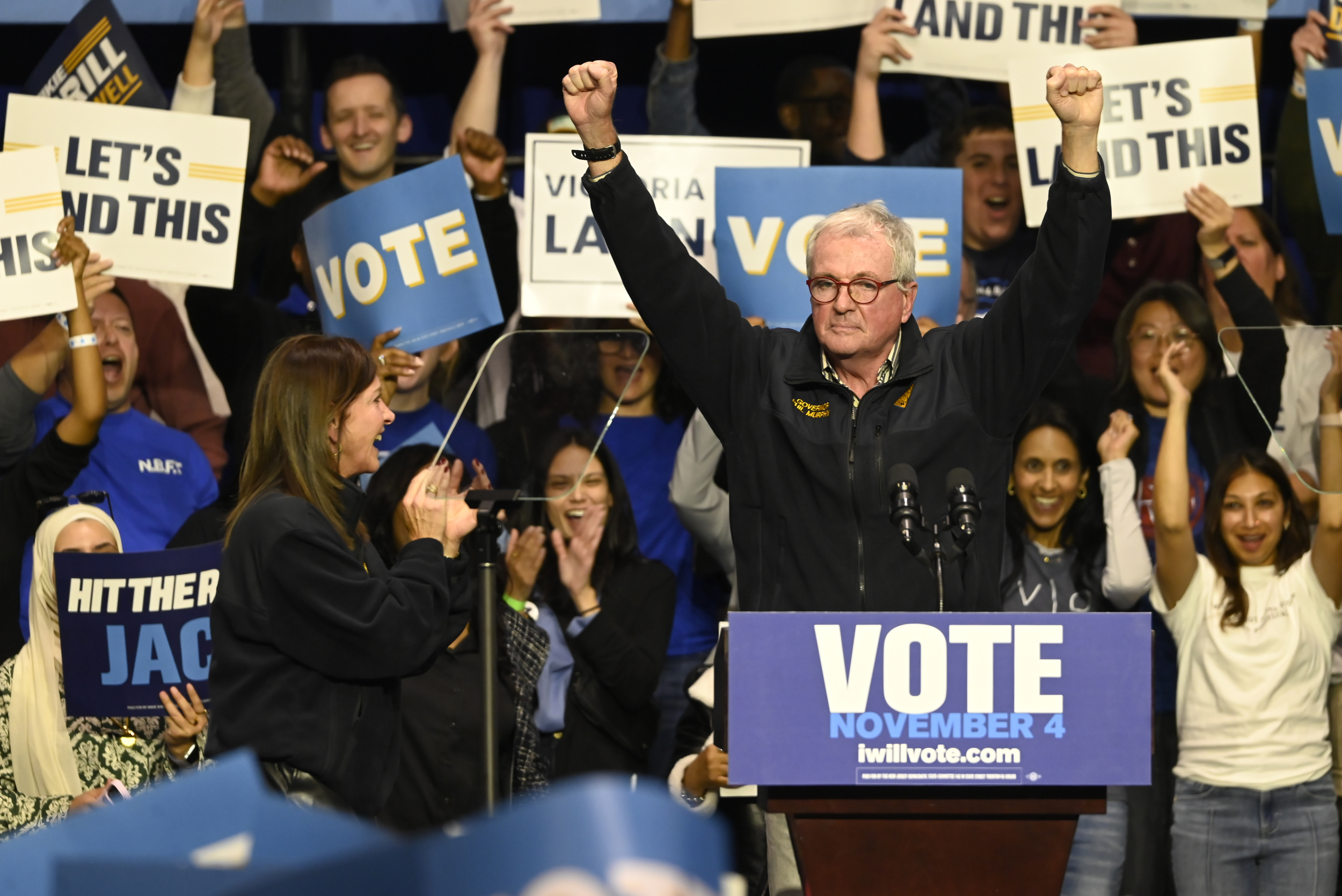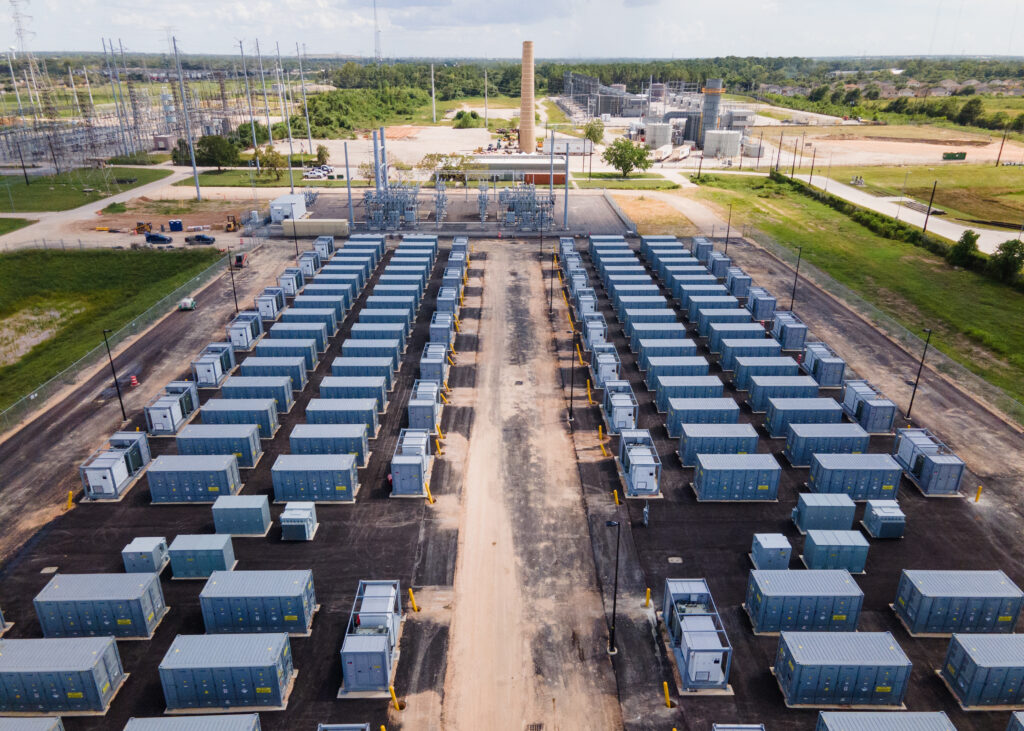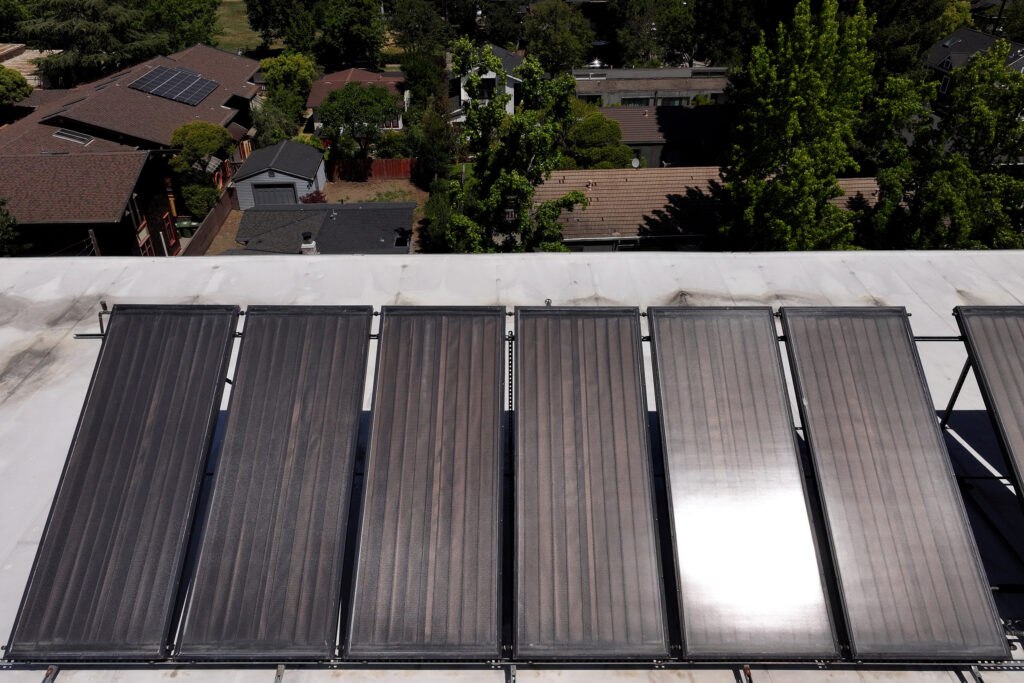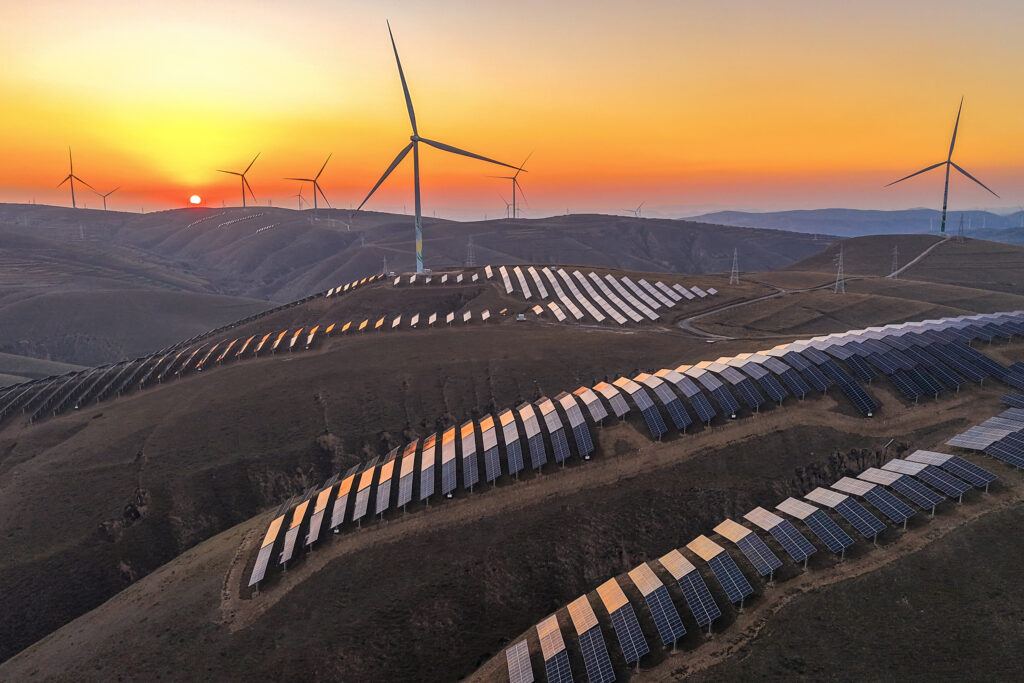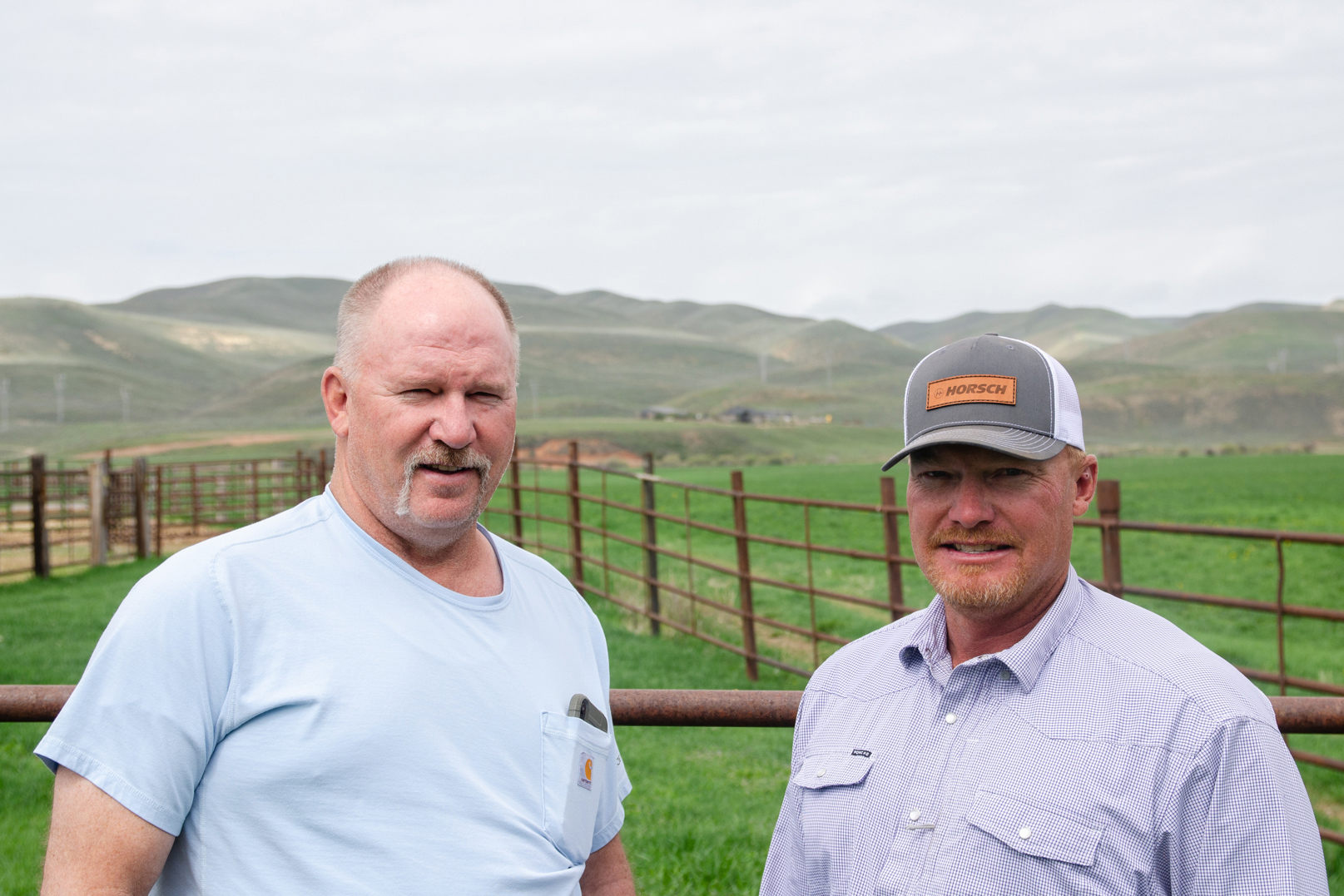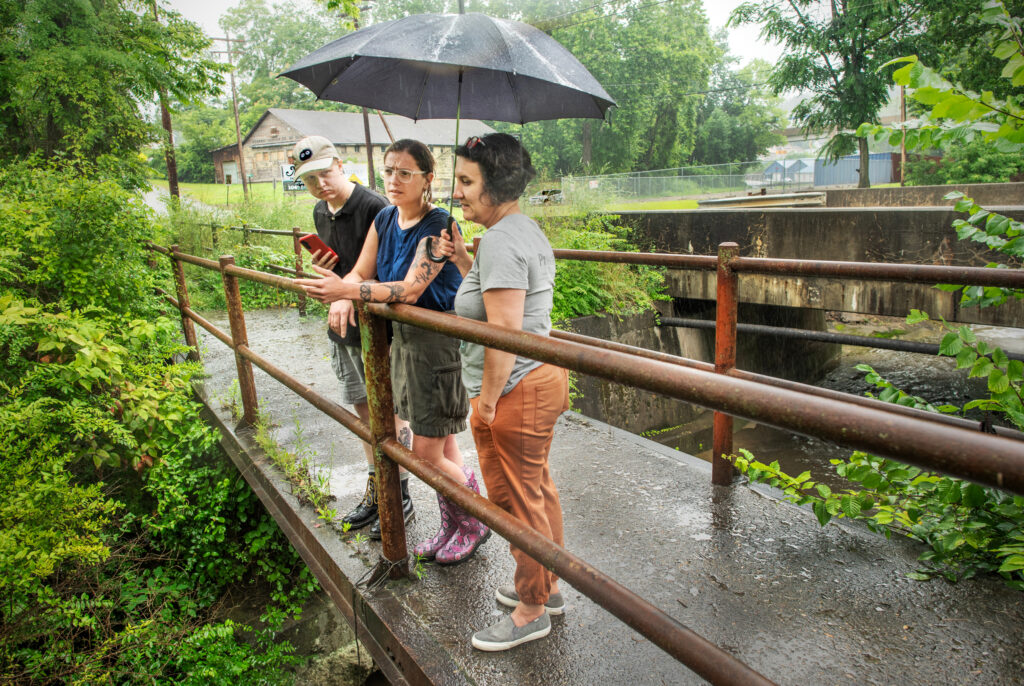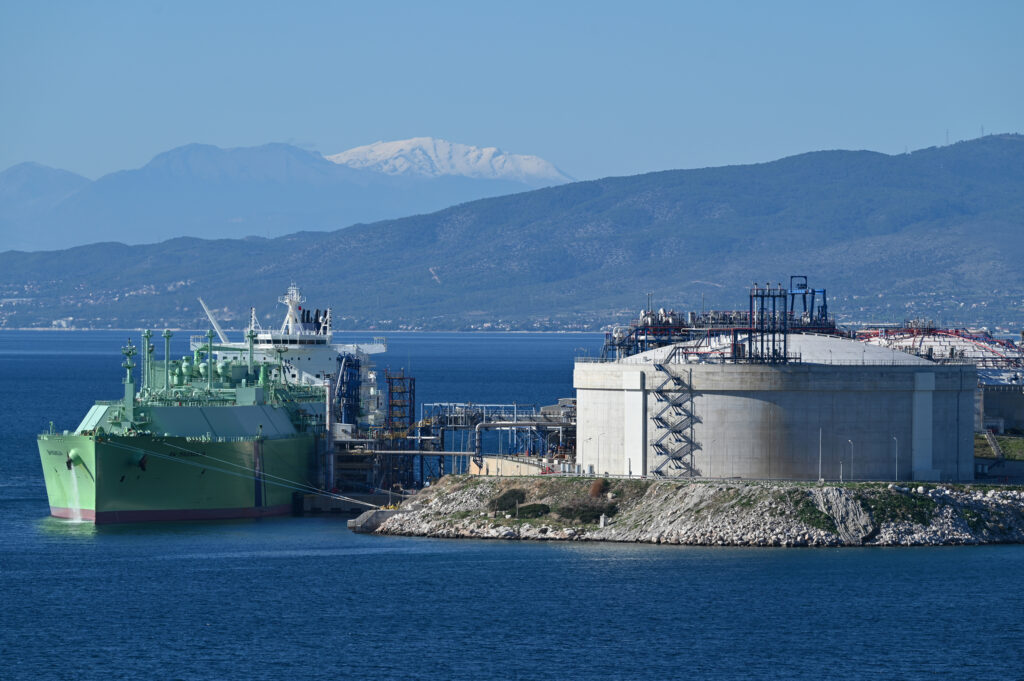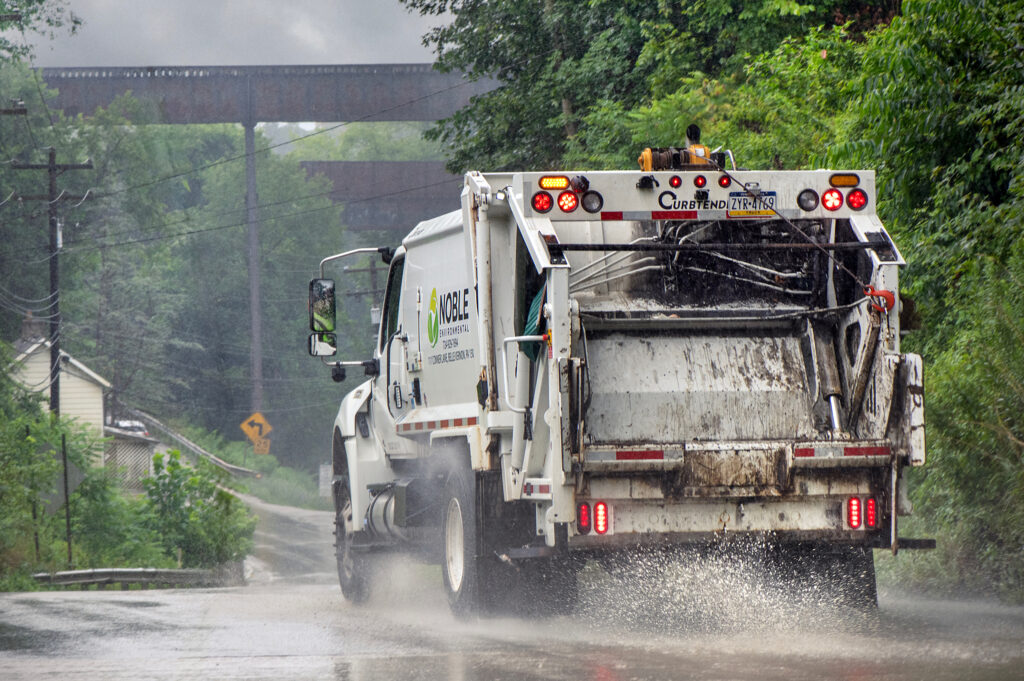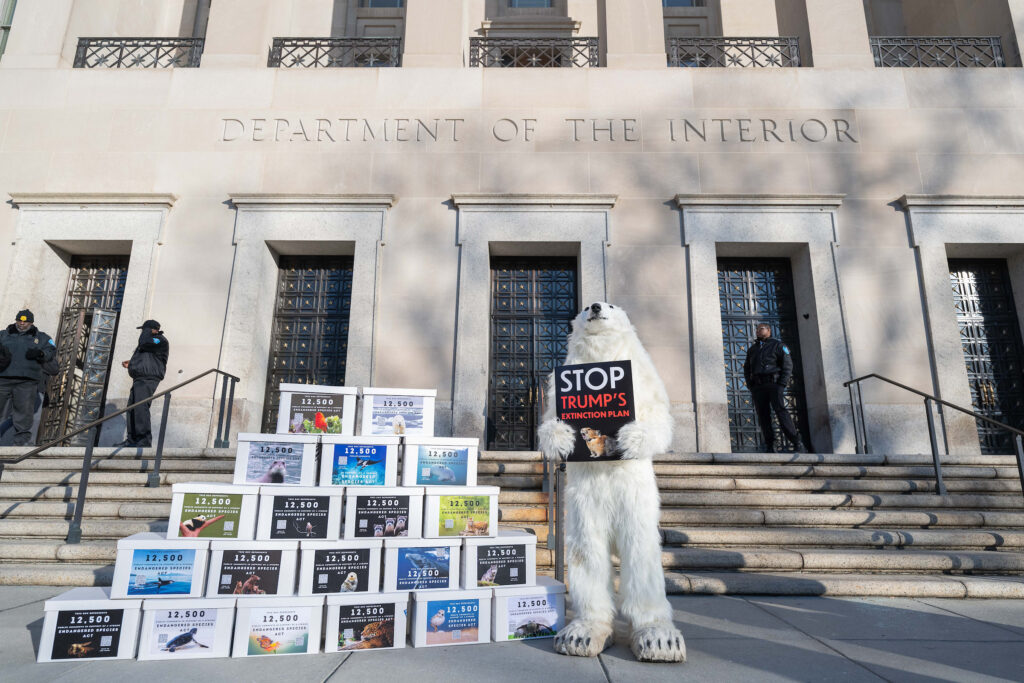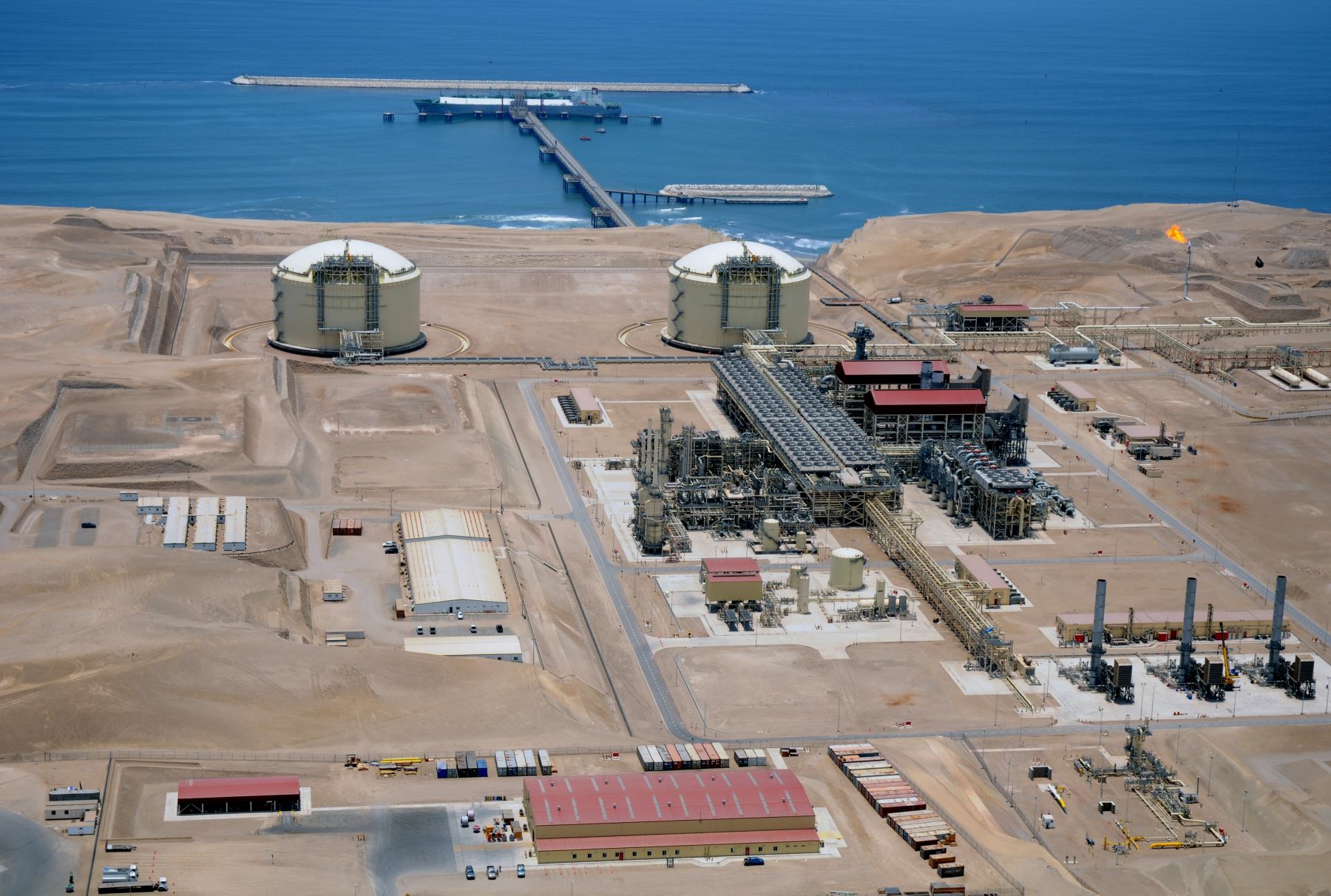Democratic victories across the electoral map Tuesday affirmed for climate action advocates that high energy costs are a huge vulnerability for President Donald Trump and his allies—one they plan to use as they fight his agenda and work to flip control of Congress next year.
“The energy affordability crisis is a seismic event that will shape next year’s elections and beyond,” wrote Sara Schreiber, senior vice president of campaigns for the League of Conservation Voters, in a post-election memo.
LCV’s state affiliates invested $7 million in taking the “clean energy is cheaper energy” message to voters in Georgia, New Jersey and Virginia. “This election was a decisive rejection of the Trump Administration’s ban on clean energy, multi-million dollar taxpayer bailouts for expensive dirtier energy sources like coal, and other ineffective proposals that will make costs go even higher,” Schreiber wrote.
The Democratic victors tapped into voter frustration about high electricity prices, while championing clean energy as part of the solution. U.S. Rep. Mikie Sherrill launched her successful campaign for New Jersey governor with a promise to freeze utility bills and accelerate solar power in the state, while former U.S. Rep. Abigail Spanberger sailed to victory in Virginia’s gubernatorial race by pledging to lower energy bills and help the state’s offshore wind industry past the recent blockades Trump has erected.
Electricity bills across the nation were rising before Trump took office and the reasons for the run-up are complex—they include increased capital and equipment costs and rising demand from data centers and artificial intelligence. But environmental advocates argue that Trump’s policies are making things worse, for example, by ordering costly old coal plants to keep running while stifling offshore wind and other new clean energy development that could help meet demand.
Read More
With a Lock on State Government Control, Virginia Democrats Now Face Difficult Decisions on Data Centers and Renewable Energy
By Charles Paullin
“Voters understand that if you’re taking energy off the grid, that is not a good solution to energy costs,” said Jack Pratt, political director for EDF Action, the political advocacy arm of the Environmental Defense Fund. “Clearly, utility bills have become a big issue in these elections. And, I don’t think that the Trump agenda provides believable answers for voters.”
Nowhere was the issue of high energy costs more directly on the ballot than in Georgia, where a state utility regulator race took on national significance. Democratic candidates ousted two Republicans from their seats on Georgia’s Public Service Commission, campaigning against a series of recent rate hikes the commission approved for the state’s largest utility, Georgia Power. Democrats Peter Hubbard, a clean energy consultant, and Alicia Johnson, a health executive, embarked on a “My Power Bill’s Too High” tour across the state to rally supporters behind the idea of transforming the commission and the state’s energy mix.

Hubbard and Johnson are the first Democrats to win a state-level office in a statewide election in Georgia since 2006. Democrats are hoping that their victories are a bellwether of the party’s chances in the state next year, when Sen. Jon Ossoff is running for re-election and Georgia will choose a new governor. But environmental advocates also see the races as showing their own pathway forward.
“I think we’re in a position right now where the economics of clean energy are politically advantageous for a movement in a way they haven’t been before,” said Jed Ober, a longtime political operative who just took over as leader of the NRDC Action Fund, the political advocacy arm of the Natural Resources Defense Council. “We have a real message that is based in sound policy—that clean energy brings costs down.”
About This Story
Perhaps you noticed: This story, like all the news we publish, is free to read. That’s because Inside Climate News is a 501c3 nonprofit organization. We do not charge a subscription fee, lock our news behind a paywall, or clutter our website with ads. We make our news on climate and the environment freely available to you and anyone who wants it.
That’s not all. We also share our news for free with scores of other media organizations around the country. Many of them can’t afford to do environmental journalism of their own. We’ve built bureaus from coast to coast to report local stories, collaborate with local newsrooms and co-publish articles so that this vital work is shared as widely as possible.
Two of us launched ICN in 2007. Six years later we earned a Pulitzer Prize for National Reporting, and now we run the oldest and largest dedicated climate newsroom in the nation. We tell the story in all its complexity. We hold polluters accountable. We expose environmental injustice. We debunk misinformation. We scrutinize solutions and inspire action.
Donations from readers like you fund every aspect of what we do. If you don’t already, will you support our ongoing work, our reporting on the biggest crisis facing our planet, and help us reach even more readers in more places?
Please take a moment to make a tax-deductible donation. Every one of them makes a difference.
Thank you,




